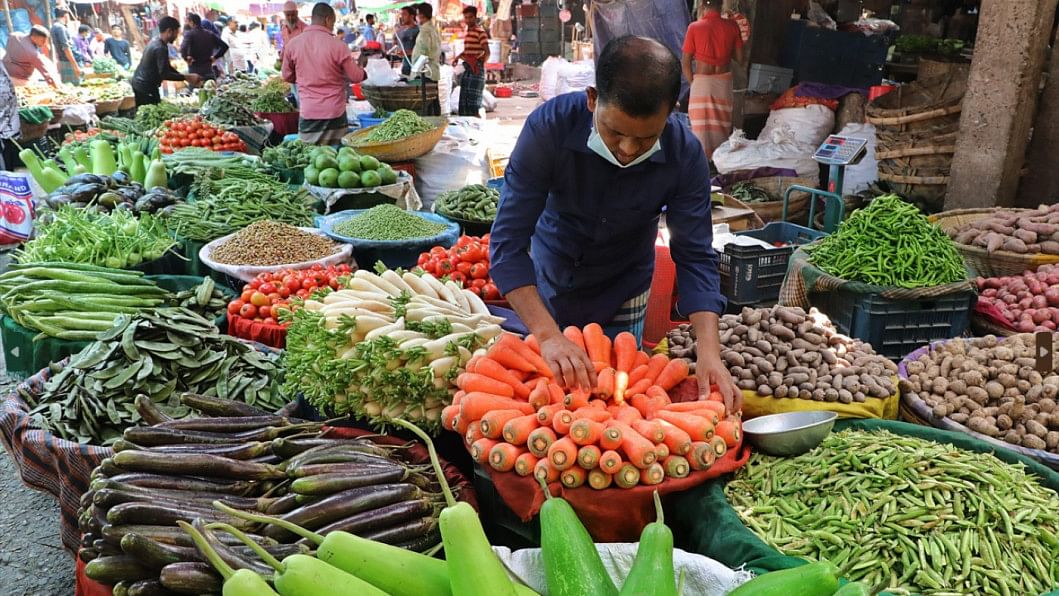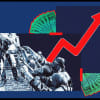No policy measure taken to contain high inflation

Inflation is back to a rising path following a few months of modest decline. The rise was driven by food inflation while non-food inflation remained unchanged relative to January at close to double digit level.
A very significant rise in food inflation in February possibly reflects the preponed Ramadan effects on prices as mobile courts become more aggressive during Ramadan.
Also, it looks politically more palatable since Ramadan price increases have drawn a lot of flaks in recent years.
High non-food inflation has been sustained by a 15.8 per cent increase in electricity prices in two months in addition to increase in gas prices for commercial and industrial users.
Import compression due to forex shortage must also have contributed to recharging the inflationary momentum.
Even though there have been lots of disinflationary talk and exhortations, we have not seen any policy change specifically designed to contain the rise in inflation.
The Bangladesh Bank has monetised budget deficit, injected liquidity through repo and expanded refinancing facilities.
Interest rates remain untouched except for consumer loans. All these are antithetical to containing inflation.
On the fiscal side, some minor tax adjustments were made but the elephant in the room, public expenditures, has not been used to rundown inflation.
The revised ADP shows no inflation reducing cuts as only foreign financed part of the ADP is reduced.
Public consumption expenditures appear to be on the same path as in any other year as if nothing is different this year.
There has also been very little policy response to help out families at the bottom of the income ladder for whom inflation has created a livelihood crisis.
The family card system introduced for the 10 million Dhaka poor is not only vastly inadequate but also inordinately mismanaged so much so that part of the benefit to the poor is allegedly redistributed back to the card issuers and food distributors.
One cannot help but wonder why a tested direct cash transfer to the poor has not been chosen to ease the burden of inflation on the poor.

 For all latest news, follow The Daily Star's Google News channel.
For all latest news, follow The Daily Star's Google News channel. 







Comments